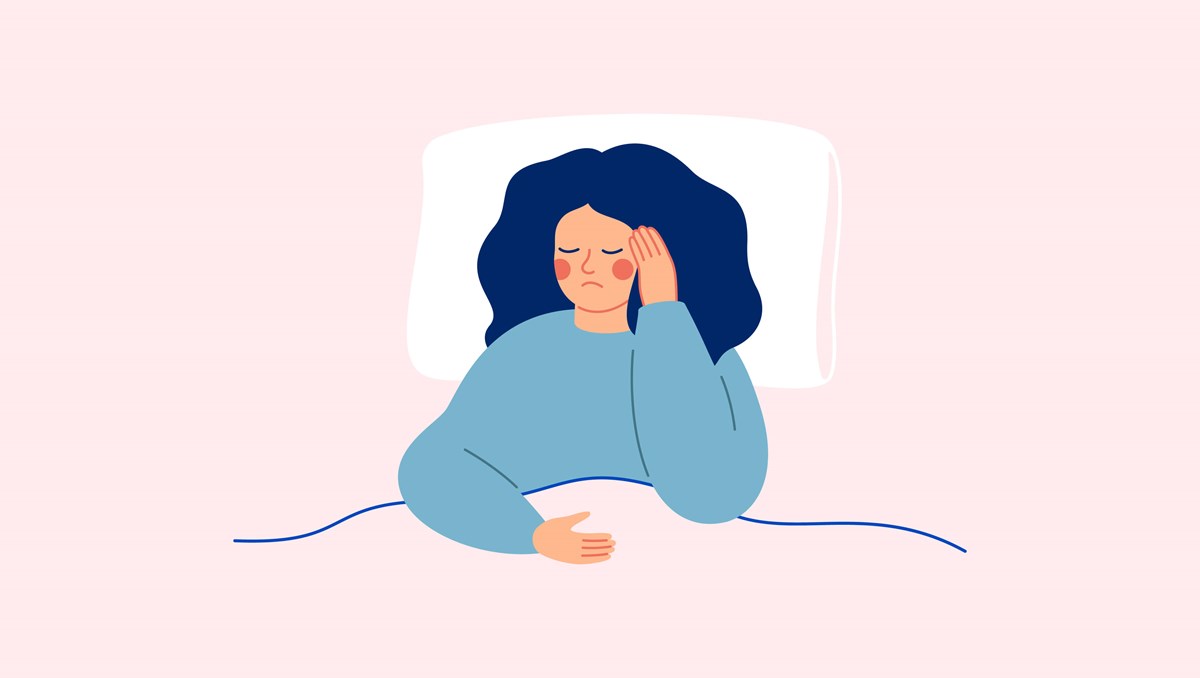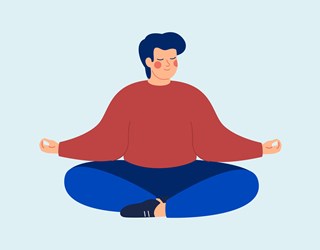Long COVID: what it is and how to deal with it
Long COVID can be particularly physically and mentally challenging for teachers and education staff. Read our guide for advice and information about dealing with the impact of long Covid
Guides / 4 mins read

The COVID-19 virus has disrupted many people’s lives. Fortunately most people feel better in a few days or weeks and most will make a full recovery within 12 weeks. However some people experience long COVID with symptoms that can last weeks or months after the infection has gone
Long COVID can seriously affect your work, with many people becoming unable to complete daily tasks such as showering or grocery shopping. As education professionals spend most of their working days on their feet and talking to other people, long COVID is particularly challenging.
In addition, teachers and education staff are often very passionate about their work. If a teacher feels that they aren’t performing as well as usual, this might affect their self-esteem, mental health and wellbeing.
Research2 demonstrates that, while there has not yet been a fixed pattern found, women appear twice as likely to suffer from long COVID than men. There is also a higher likelihood of contracting the illness the older a person is. If you believe that you, or someone close to you, is suffering from long COVID, there are things that you can do to help to deal with it, as this article will explain.
If a teacher feels that they aren’t performing as well as usual, this might affect their self-esteem, mental health and wellbeing.
Symptoms of long COVID
According to NHS guidance, the main symptoms on long COVID include:
- “brain fog” – issues with concentration, focusing and memory;
- loss of, or changes to, the senses of taste or smell;
- noticeable fatigue or being overly tired;
- shortness of breath;
- pain in the joints, particularly knees and shoulders;
- chest pain, tightness in the chest or heart palpitations; and
- high body temperature.
In addition, surveys have found almost two hundred other potential symptoms, some of which may only affect a small minority of people. At the more severe end, these include short-term memory loss, menstrual changes, gastro-intestinal issues, problems with speech, insomnia, hallucinations and temporary loss of hearing or vision.
Communicating with others
The most critical thing to do if you are experiencing ongoing symptoms of COVID-19 is to speak to your doctor. They will certainly give you the best advice that is personal to your situation and your symptoms.
Equally as important is informing and updating your line manager at school. Maintaining this relationship will be beneficial to your wellbeing, as it will mean that you’re less likely to become stressed about work, while trying to rest and recover.
As teachers and education staff are so dedicated, some may experience internal conflict when they focus on their own rest and recovery rather than their responsibilities to their pupils and colleagues. It is vital to put yourself first and focus on getting better otherwise, recovery could take longer, continuing to keep you out of the classroom.
There are also legal responsibilities that your employers have towards you when you are unwell, but these cannot be fulfilled if they don’t know what’s going on. For more information about this, see our article Dealing with Illness.
Looking after yourself
There are some things that you can do to take care of yourself while you recover. The first is to ensure that you maintain a healthy diet and drink plenty of fluids. As with any viral infection, the more vitamins and minerals that you have – and the better hydrated you are – the better your body will cope with fighting it off. You should make sure that your diet is varied, with lots of fruit and vegetables. The World Health Organization also states4 that reducing your intake of salt and sugar if possible may help you combat the illness.
Furthermore, like with having the flu or a cold, you must rest properly. Some people with long Covid5 have said that their recovery only came when they made themselves a schedule that mostly contained sleep and relaxation.
That is not to say that exercise isn’t important, too. You may be able to factor this into your plan if you are well enough. Regular physical activity has been reported to notably reduce the likelihood of ongoing suffering from COVID-19, as reported by the British Medical Journal6.
Finally, respiratory and chest difficulties are common symptoms of long COVID, and these can be combatted by completing regular breathing exercises. The NHS recommends7 slowly inhaling through your nose and exhaling through your mouth with your lips together as if you were softly blowing out a candle. This works best when sitting upright in a chair, relaxing your shoulders and leaning forwards slightly with your hands resting on your knees.
Summary
Long COVID can be a tough challenge for anyone, not least those people who work in education. Because of the nature of the job and coming into contact with so many different people, teachers and education staff are particularly susceptible to contracting COVID-19 and suffering from long-term symptoms.
We know you may want to get back to the classroom as quickly as possible, but if you have long COVID you will only recover if you put your own health first.
Remember: self-care isn’t selfish!
Don’t wait for a crisis to call.
We’ll offer you immediate, emotional support.
08000 562 561

Sign up to our newsletter for the latest mental heath and wellbeing resources, news and events straight to your inbox.





















